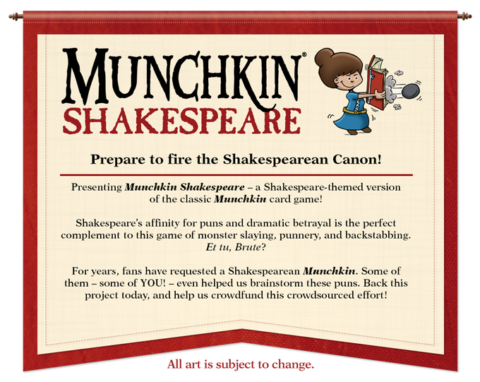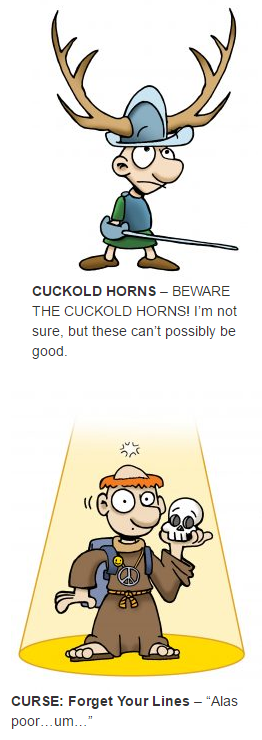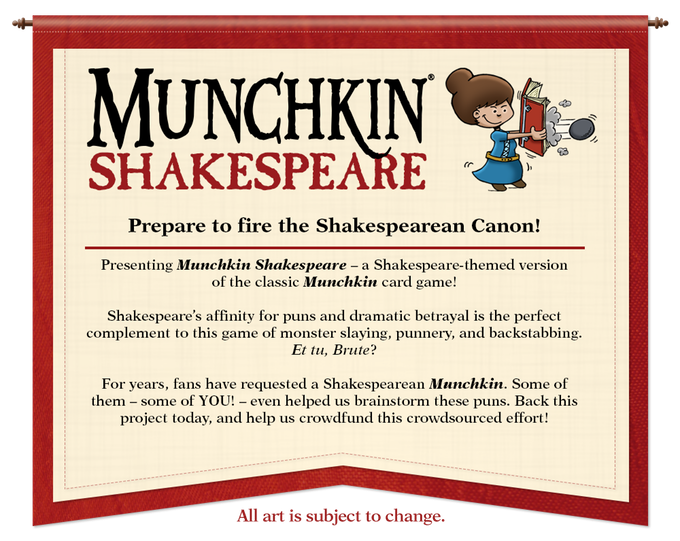Anthony Daniels reports for Quadrant Online of how he recently attended a performance of a play by some unimportant dead English white guy:
The precise date of the discovery by theatre directors that they are greater than Shakespeare cannot be specified: the discovery was more a process than an event. But by the time I saw a production of Richard II at the Almeida Theatre a few weeks ago, the superior genius of any director over that of Shakespeare was an established principle and indisputable fact.
[…]
But if I had an elevated conception of Shakespeare, how naive and mistaken I was! I knew nothing of Richard II — the play, that is, not the king — until I saw the production by Joe Hill-Gibbins. How narrow had been my previous conception of it! I discovered, among other things, that Richard was a short, fat fifty-eight-year-old in a black T-shirt, with a crown of the kind that is awarded to the person who finds the fève in the galette des rois that the French eat on the sixth of January, that the Duke of Norfolk was a woman dressed like a cleaning lady, and that all the action of the play takes place in what looks like a large biscuit tin, without exit or entrance. All this, of course, means something far deeper than anything that a mere Shakespeare could convey, being deeply symbolic, and therefore required real inventive genius on the part of the director to bring forth.
While the same actress took the parts of the Duke of Norfolk, Bushy and Green (all of them looking like cleaning ladies and each indistinguishable from the other because they could not leave the stage even to change costume), and the parts of both the Earl of Northumberland and the Bishop of Carlisle by other actresses, actual women’s roles such as that of Richard’s Queen were expunged entirely from the text. Between them, three actresses played five male parts and only one female. There is a profound lesson in this somewhere, no doubt in enlightened gender fluidity.
Most of the lines were delivered as if they were a religious incantation in a dead language that both the celebrants and the congregation desired to get over with as quickly as possible, clear diction being one of the many tools by which class hegemony is so unjustly exercised. The actor who took the part of Richard, it is true, was comprehensible, but made the acting of Sir Henry Irving appear taciturn by comparison. If emphasis is good, overemphasis must be better: no more stiff upper lip, we are all hysterics now, and can understand nothing that is not accompanied by gesticulation.
The director fortunately realised that Shakespeare got the order of his play wrong: Richard’s great speech in Act V scene 5 (“I have been studying how I may compare / This prison unto the world …”) was actually a prologue. The director is not the interpreter of Shakespeare, but rather Shakespeare is, and ought to be, the occasion, the opportunity, for the director to place his own immortal (and highly original) genius before the world.






